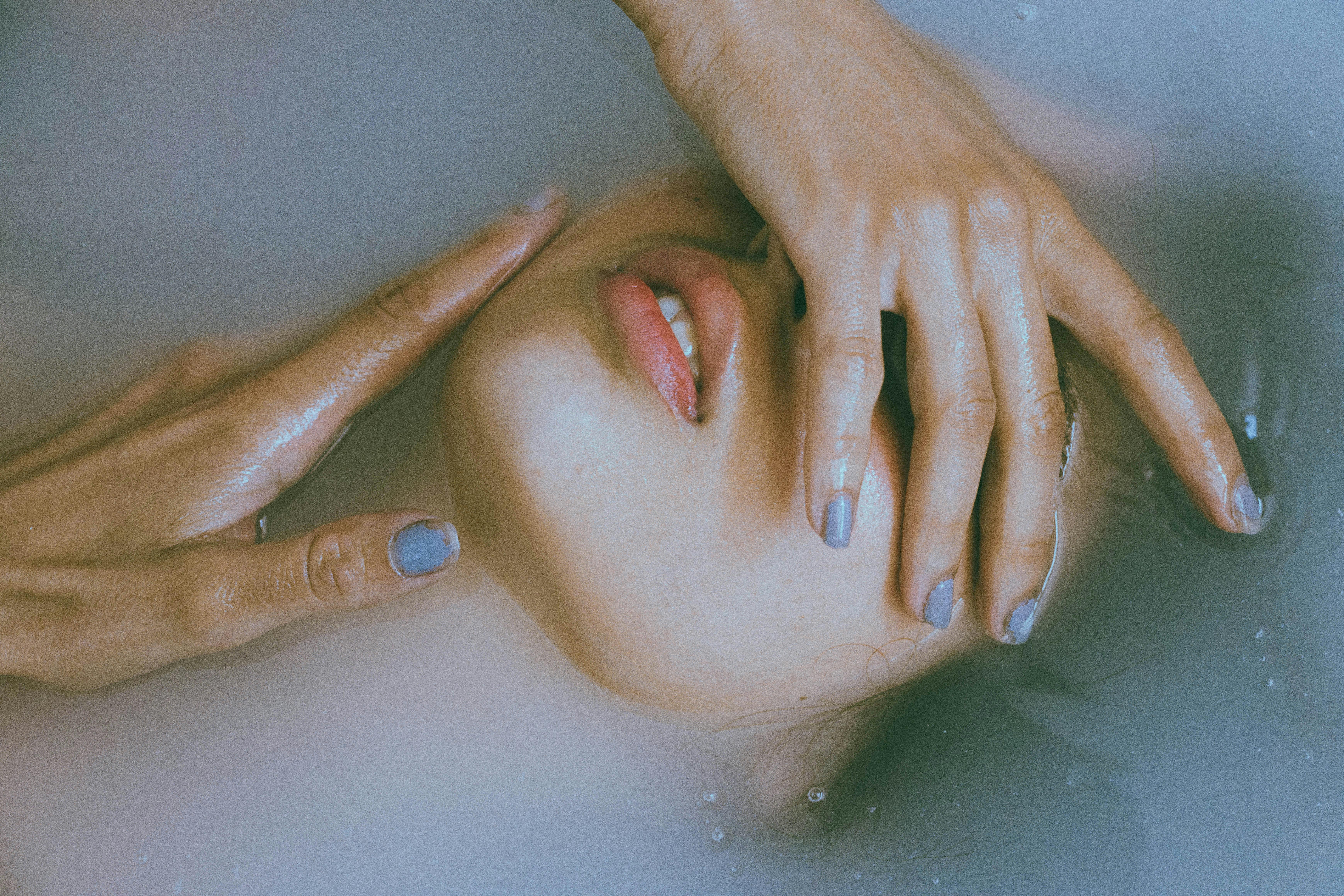Exploring the Intersection of AI-Generated Art and Copyright Law: Emerging Legal Challenges

In recent times, the rise of artificial intelligence (AI) has ushered in an unprecedented epoch in various domains, notably the field of art. AI-generated art has become progressively popular, bridging the rift between technology and fine artistry. This has, however, brought about a raft of legal conundrums regarding the protection and ownership of these AI-generated artworks, specifically on copyright issues. This trend is set to stir a new frontier in the legal circuit concerning intellectual property rights.
The Creators: AI and Its Role in Producing Art
Artificial intelligence is proving itself to be a huge game-changer in the artistic realm by turning the traditional conceptions of creatorship on its head. Utilizing AI, developers and artists can create unique pieces of art without the need for manual labor or traditional creative skills. The AI learns from previous artworks, synthesizes the styles, and creates an entirely unparalleled piece of art. These AI-designed works range from digital paintings, poetry, music compositions, and even instantly recognizable portraits. This phenomenon has aroused a spirited dialogue within the creative sector regarding the question of artistic authorship.
Legal Implications of AI-Generated Art
The arrival of AI-produced art has incited several legal challenges, particularly related to copyright law. Ordinarily, copyright law bestows protection to works that are original and created by humans. With AI as the creator, the human element is eliminated, which in turn brings about the question: Who owns the copyright for AI-generated art?
It's crucial to understand that presently, copyright laws across various nations are not built to handle claims arising out of works created by AI systems. In most jurisdictions, for a work to qualify for copyright protection, it should owe its origin to a human creator. Thus, the law needs to adapt rapidly to the changing realities as the world ventures more into the territories of AI-driven creations.
The Controversy Surrounding the Ownership of AI-Art
As AI-generated art gains traction, the question of who rightfully owns these AI-created masterpieces has become one of the most disputed subjects in the field. The debate swings around a few possibilities: Should the copyright of an AI-created work be accorded to the programmer who developed the AI, or should it be awarded to the AI itself? Or perhaps the user who selected the coefficients for the AI to work on? Or could these works fall into the public domain since technically they lack a human author?
Such questions have become the epicenter of copyright disputes surrounding AI-produced art. While certain jurisdictions have started tackling these issues, there exists a legal void in many countries. This necessitates a global effort to understand, reform, and adapt the legal systems for AI-generated works.
Conclusion: The Future of AI Art and Copyright Law
The discourse surrounding AI-generated art and copyright has shone a light on the compelling need for the legal arena to up its game. As AI technology advances and its use in the creation of art deepens, there's a need to address the ambiguity in copyright law to avoid potential conflicts. Legal systems might need to rethink their definition of authorship and perhaps consider alternatives like collective, shared, or even non-human copyrights.
An exciting and revolutionizing field, AI-created art challenges the existing norms, pushing boundaries and forcing us to redefine our laws. This uncharted territory presents a unique opportunity to rethink and remodel our legal frameworks for a world that increasingly values AI-based creations.
